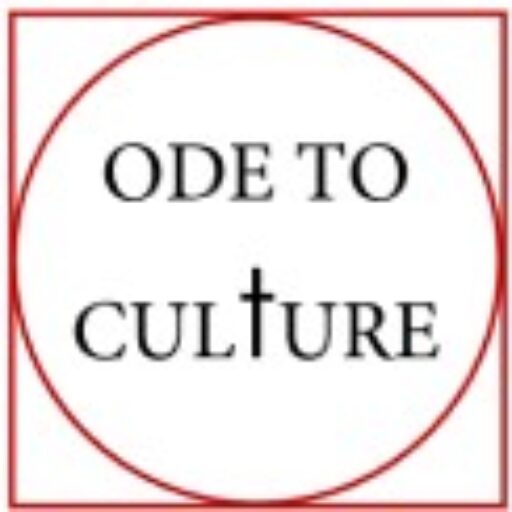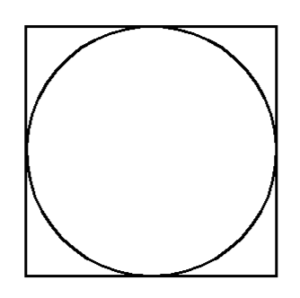Prompt 43: November 1, 2024
One of the key battles in the culture war has been over gender. Over the past few years, confusion has arisen about what defines men, women, and every other “made-up” expression of gender. Much of the traditionalist backlash against the deconstructionism of the postmodern movement has tried to reduce gender to the two sexes, but I believe that’s the wrong way about it.
Rather than being the derivative of sex, the expression of gender as a socializing mechanism is an element of symbolism that transcends the body and gives us the necessary cognitive tools to comprehend the world. In this way, the postmodernists are correct in saying that “gender is a social construct,” but they don’t sell that story in the positive light it deserves. Here’s my go of it.
It is said that “Man is the measure of all things.” When language started being created by our earliest ancestors, we can assume the names given to things were naturally agreed upon by those speaking the same language. Aside from the fact that language must be consensual, this requires a shared experience of the thing being named. This experience inevitably proceeds from the most base human experiences–from family. Recognizing the different expressions of the characters Mother and Father, the world can be seen (experienced) in ways that resemble those masculine and feminine forms. There’s a reason boats have female names after all.
The latin languages are the most immediate example of gendered language. Spanish places the masculine el and the feminine la as the article adjectives to identify most nouns by their gender. Though a tree and a flower are identical beings, el arbol indicates that there is something inherently masculine in trees; while la flor suggests something inevitably feminine about flowers. The same can be said about the sun (el Sol) and the moon (la Luna). Could it be that the moon is a reflection of the sun’s brilliance the way a woman is the reflection of her husband’s reputation? Or could it be that the productivity of the day is comparable to the tangible product of a man’s labors the same way the night invites people to comfort and rest the way a woman does for a husband or her children? Maybe the words got their gender from the analogy of their celestial patterns, where the sun takes the long journey between solstices and the moon makes a shorter turn of its face; like the long journey of a hunt while the women remain close to camp. Any which way the two bodies can be described, they complement each other in a way that is recognizable to familial experience. Whatever the reasons, many many people have agreed and extended the use of such words. The reason language is such a good example of truth is that no one is forced to choose one word over another. Words are freely exchanged and edited over time to match the psychology of the experience associated with each word. Spanish speakers may someday shift the gendered use of a word like gafas (glasses, feminine) with lentes (glasses/lenses, masculine) depending how the culture recognizes the use of that technology.
The point is that the fact that gender is assigned to our linguistic expressions is proof that it serves as an important cognitive tool for communicating a shared experience. The story that the postmodernists refuse to tell is that gender precedes cognition; gender wasn’t a patriarchal dictate upon nature, it is the patterns by which discovery makes known what was unknown!
How else can the first three chapters of Genesis articulate both the majesty and the curse of our human condition?
The thread is open. Create boldly, and may the Spirit guide us all
Context
Due to formatting decisions, I didn’t clarify a bold claim made: “The reason language is such a good example of truth is that no one is forced to choose one word over another.” By truth, I mean the fact that language (logos) is the best tool we have to comprehend things. We will pick up this concept of logos some day. When I say that there is no compelled speech, I really meant to say that the generation of language was a free anarchic enterprise taken by our ancestors over thousands of years, which we still participate in. The totalitarian regimes of the last century have shown the power of suppressing thought and behavior by restricting speech. Though many dismiss Alex Jones as a controversial figure, his brand INFOWARS is an incredible archive of the philosophy of fifth generation warfare, where propaganda is a tool used to manipulate culture. This is one of the essential political issues of our age.
This way of thinking about gender has been brewing for several years, ever since Ethan and I took the Women and Gender Studies course, Politics of Appearance. None of the arguments on gender presented in that course were compelling, but I was always unsettled by the fact that sex and gender were not the same thing. Without getting into what is proper for male and female expression, I’ve really come around to realize that gender is a spectrum by which personality and cultural context shape the behavior of men and women. I was recently struck by a bit of literature that expressed this better than I ever could. In C.S. Lewis’s Perelandra, he is capturing the medieval imagination of what life may be like on other planets. This trilogy’s hero, Ransom, has been commissioned by the angelic-like spirits of Venus and Mars to defeat the tempter in the edenic creation plot of Venus. This section from the story describes his meeting with the two beings.

